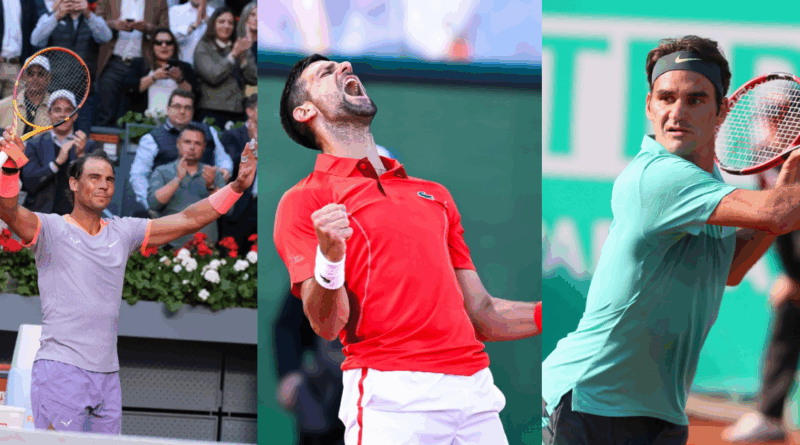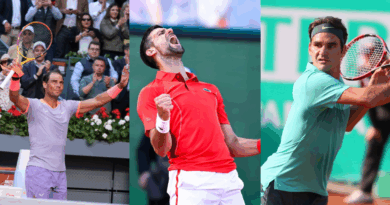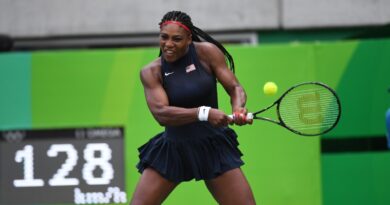The Longest-Reigning World No. 1s in ATP History – Ranked
In men’s tennis, reaching the world No. 1 ranking is a monumental feat — but staying there is what truly defines greatness. This article counts down the legends of the sport based on their total weeks spent at the top, starting from the shortest reigns and building toward the longest-serving icons of the ATP Tour.
25. Yevgeny Kafelnikov – 6 Weeks, 0 Year-End No. 1s
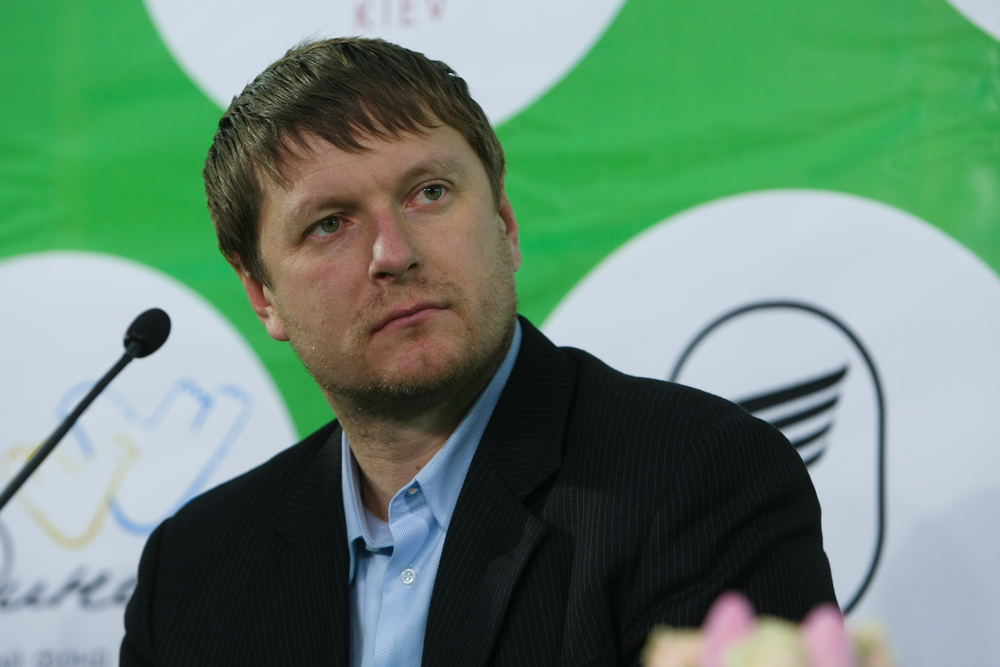
Kafelnikov was a versatile and consistent performer who briefly reached the summit of men's tennis in 1999. Although his time at No. 1 was short, he remains a respected Grand Slam champion and Olympic gold medalist.
24. John Newcombe – 8 Weeks, 0 Year-End No. 1s
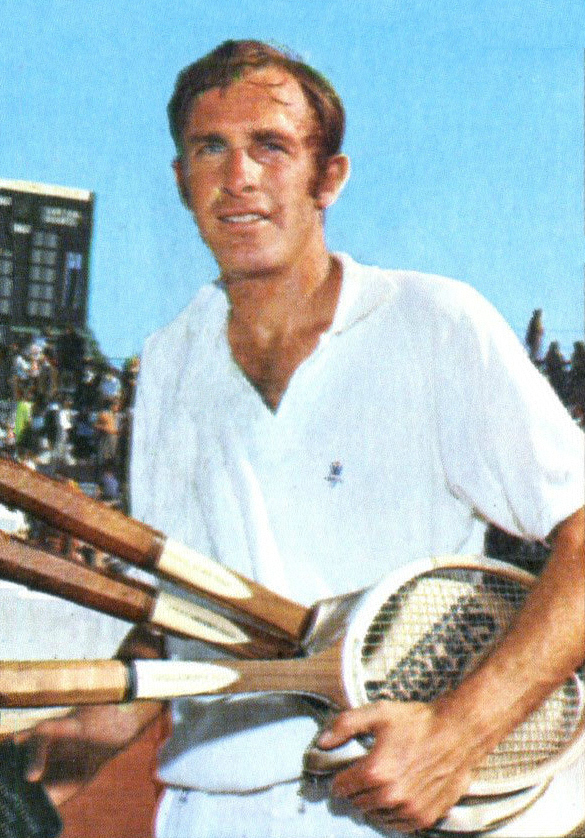
The Australian great held the No. 1 spot for eight weeks during the early days of the computer rankings. Known for his serve-and-volley brilliance, Newcombe bridged the amateur and Open eras with class and power.
23. Juan Carlos Ferrero – 8 Weeks, 0 Year-End No. 1s
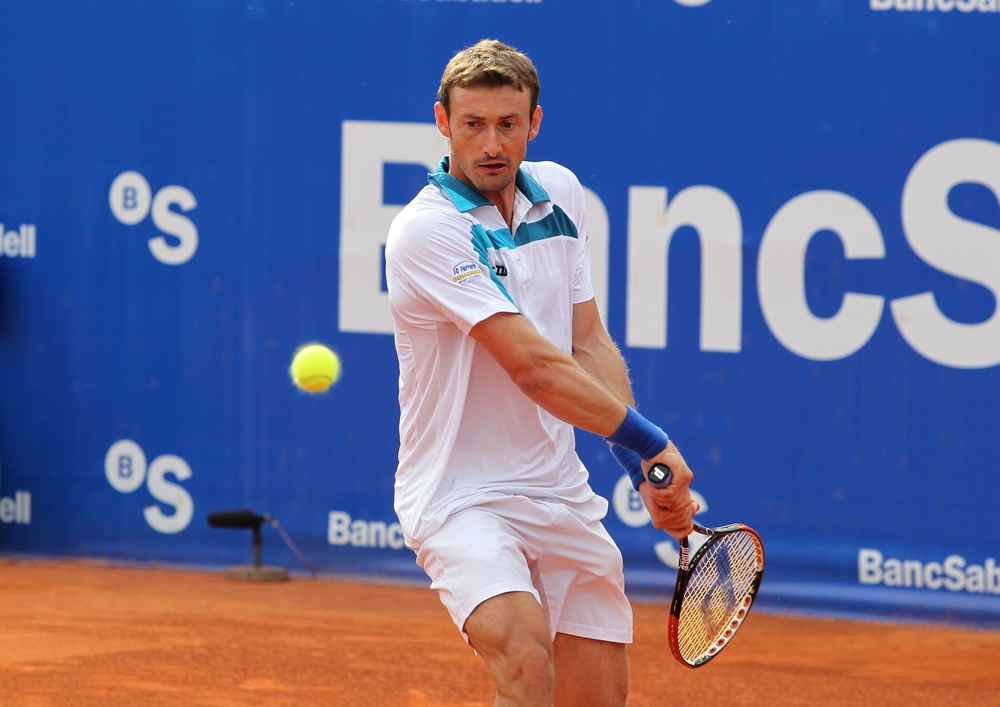
"The Mosquito" had a brief stint at the top in 2003 following his French Open win. Injuries curtailed his dominance, but Ferrero was a key figure in Spain’s tennis renaissance.
Read also: Top 20 Predicted Premier League Goalscorers for 2025/26 – Ranked by AI
22. Marat Safin – 9 Weeks, 0 Year-End No. 1s
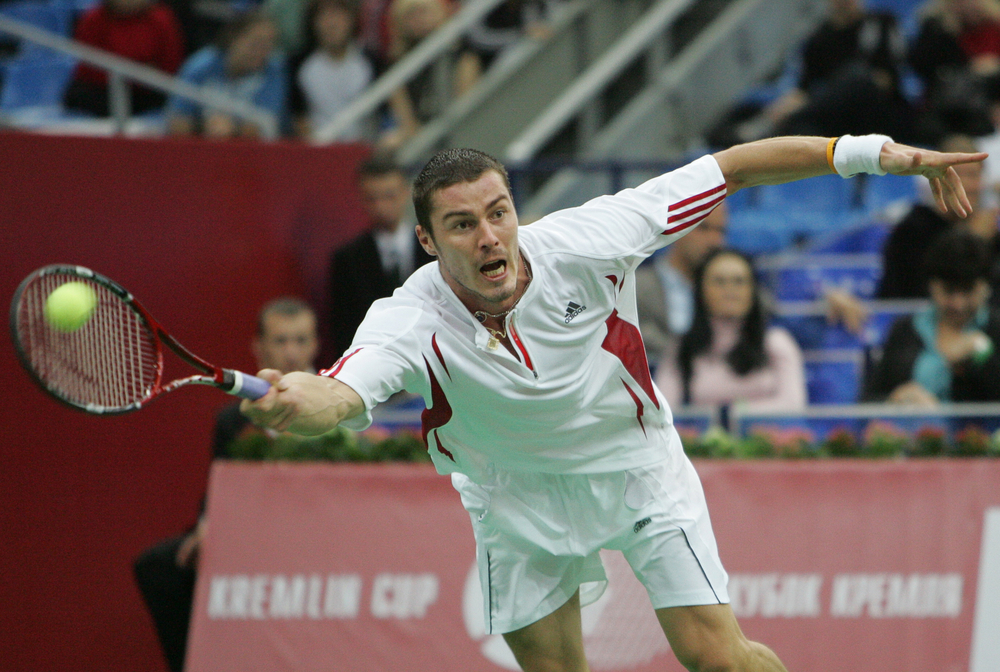
Safin's explosive game and volatile temperament lit up the early 2000s. He reached No. 1 in 2000 but struggled with consistency, though he remains a two-time Grand Slam champion.
21. Boris Becker – 12 Weeks, 0 Year-End No. 1s

Despite his major success, Becker never finished a year at No. 1 and only held the spot for 12 weeks. His legacy, however, is secured with six Slam titles and legendary Wimbledon performances.
20. Andy Roddick – 13 Weeks, 1 Year-End No. 1
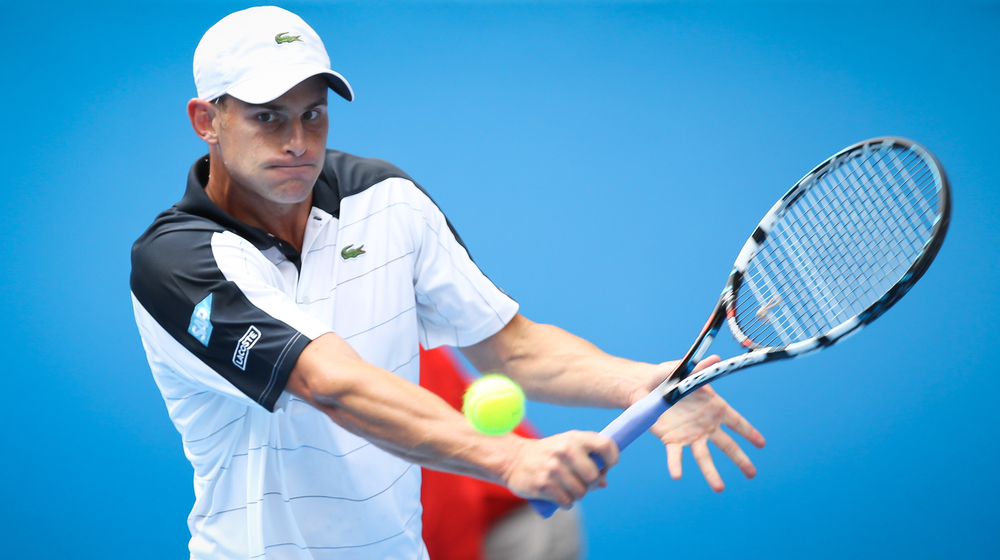
Roddick became world No. 1 in 2003, finishing the year on top after winning the US Open. Though he remained a contender for years, the rise of Federer and Nadal blocked further dominance.
19. Daniil Medvedev – 16 Weeks, 0 Year-End No. 1s
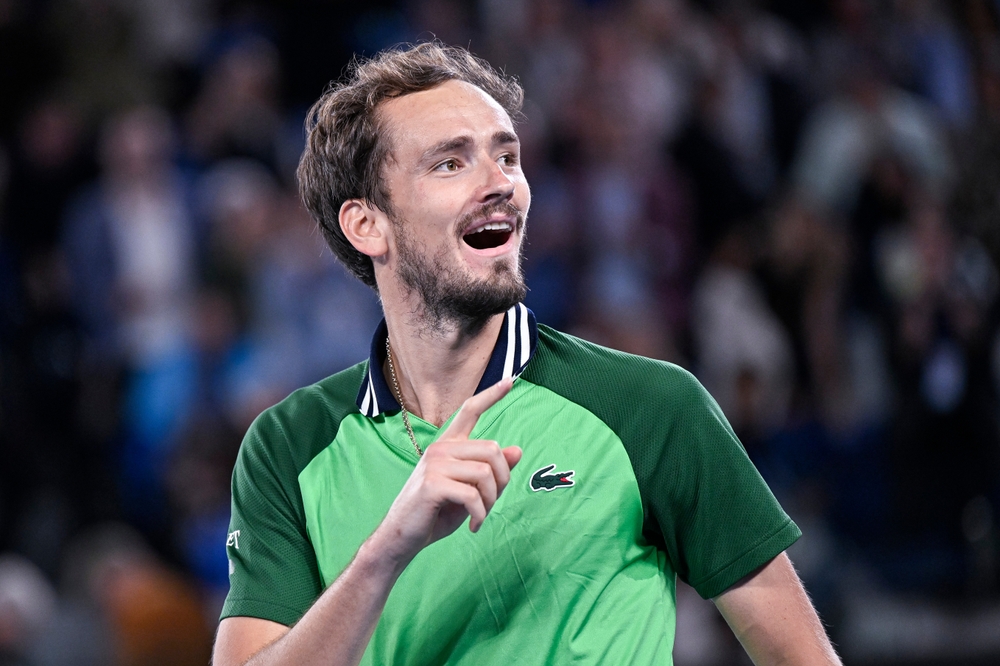
Medvedev became the first Russian since Safin to reach No. 1, doing so in 2022. While he has not ended a year at the top, his hard-court mastery and tactical genius have kept him among the elite.
Read also: Ranking the 25 Biggest Transfer Flops in Premier League History
18. Mats Wilander – 20 Weeks, 1 Year-End No. 1
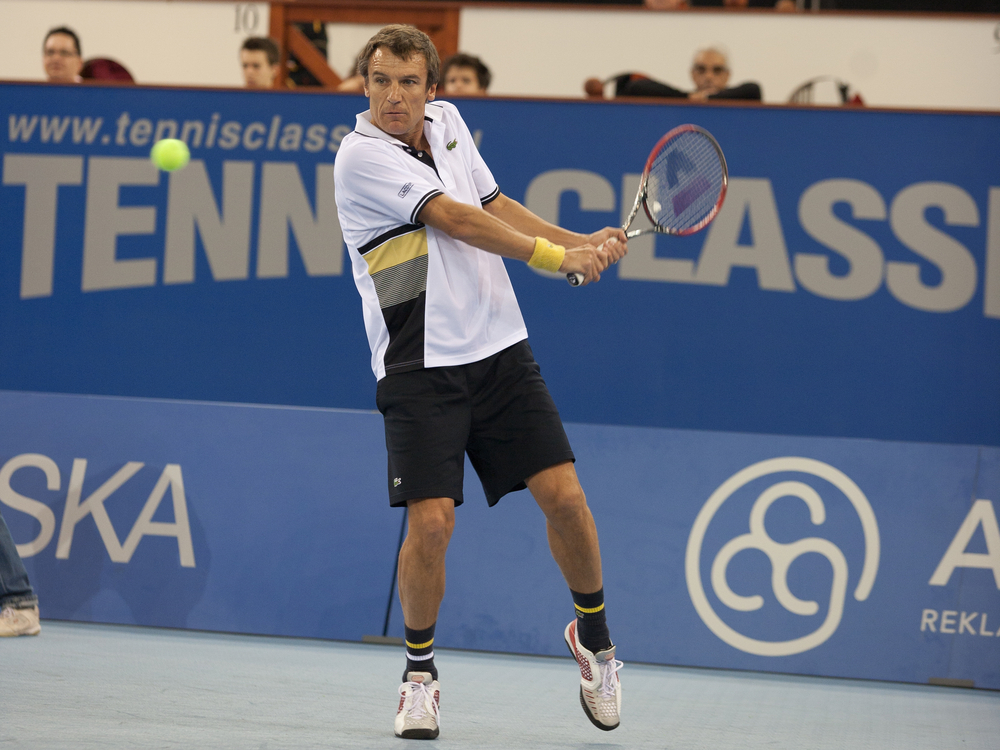
Wilander had a brilliant 1988 season, winning three Grand Slams and ascending to No. 1. Though his stay was relatively short, he proved that consistency across all surfaces pays dividends.
17. Carlos Alcaraz – 36 Weeks, 1 Year-End No. 1
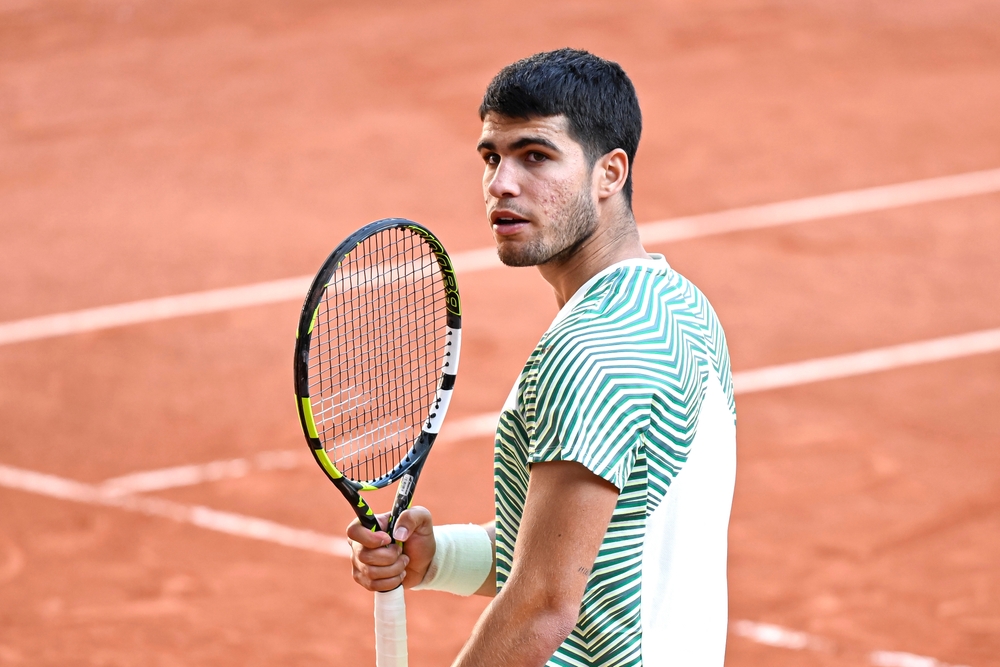
Alcaraz made history as the youngest ever world No. 1 after winning the 2022 US Open. His fearless play and all-court brilliance signal that his brief early reign may only be the beginning.
16. Ilie Nastase – 40 Weeks, 1 Year-End No. 1
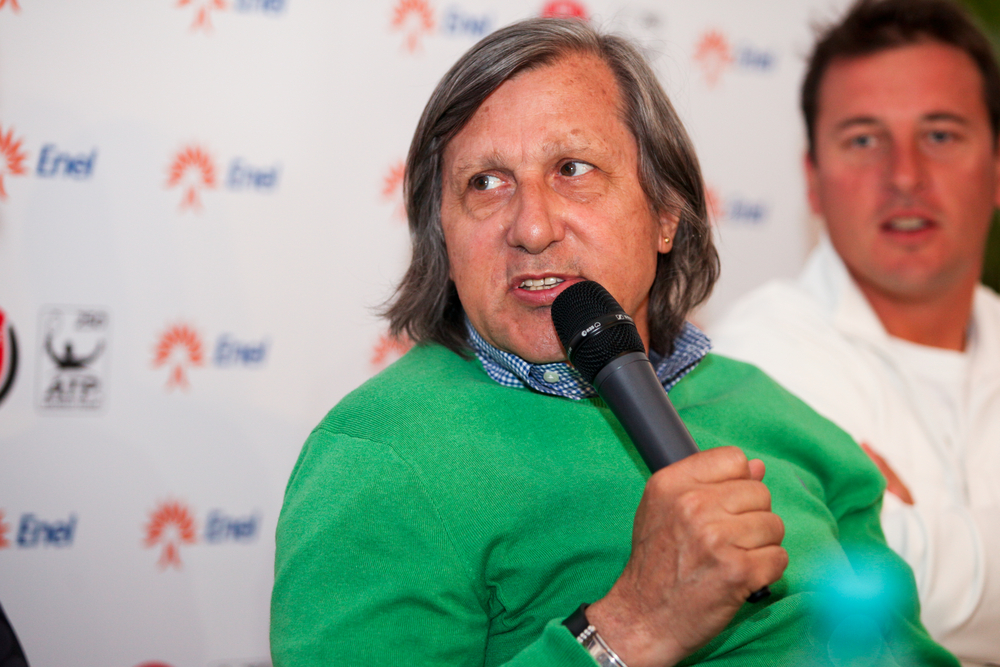
Nastase was the first official ATP No. 1 when rankings began in 1973. Known for his flair and unpredictability, the Romanian set the tone for a new era of professional tennis.
15. Andy Murray – 41 Weeks, 1 Year-End No. 1
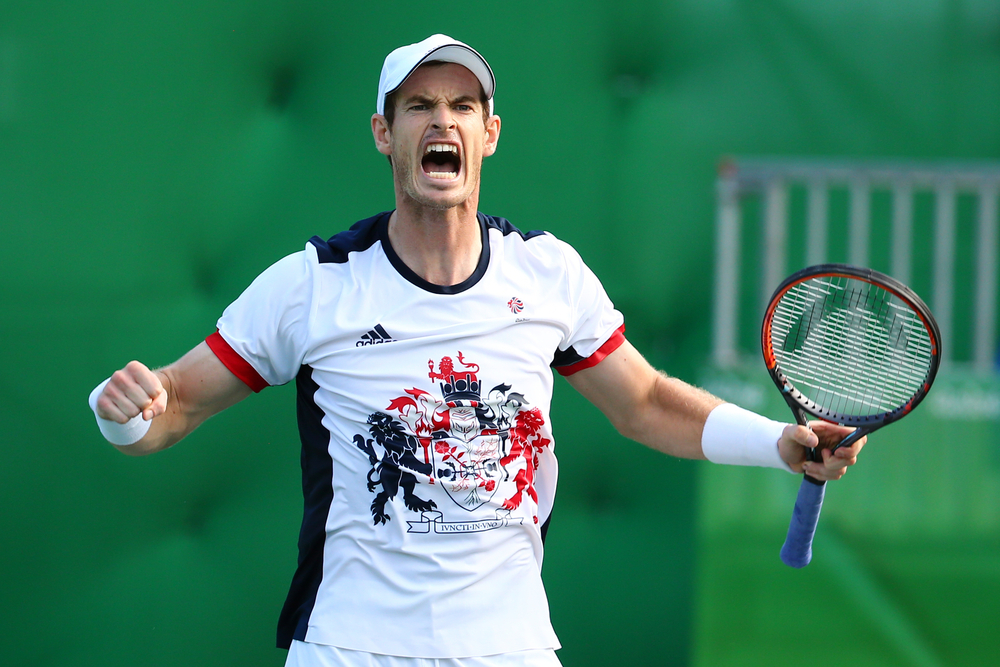
Murray reached the pinnacle in 2016 after an incredible late-season run. His rise to the top was a testament to perseverance in an era dominated by the Big Three.
Read also: Football’s Most Unusual Penalty Techniques – Ranked
14. Gustavo Kuerten – 43 Weeks, 1 Year-End No. 1
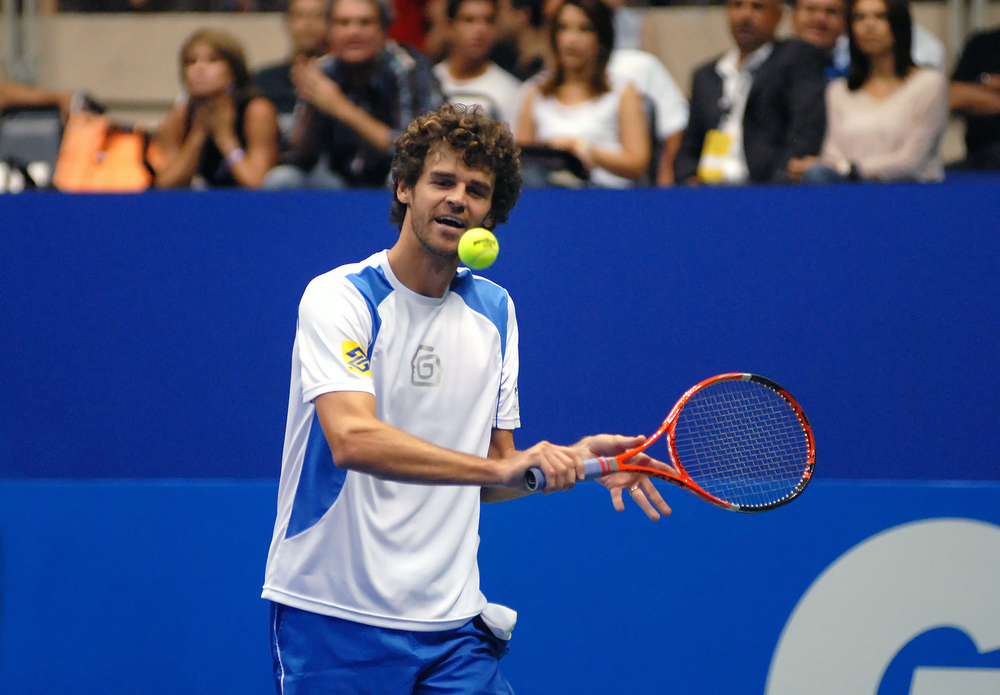
“Guga” captivated fans with his charisma and clay-court wizardry. He finished 2000 as year-end No. 1, highlighting a career that brought joy and flair to the game.
13. Jim Courier – 58 Weeks, 1 Year-End No. 1
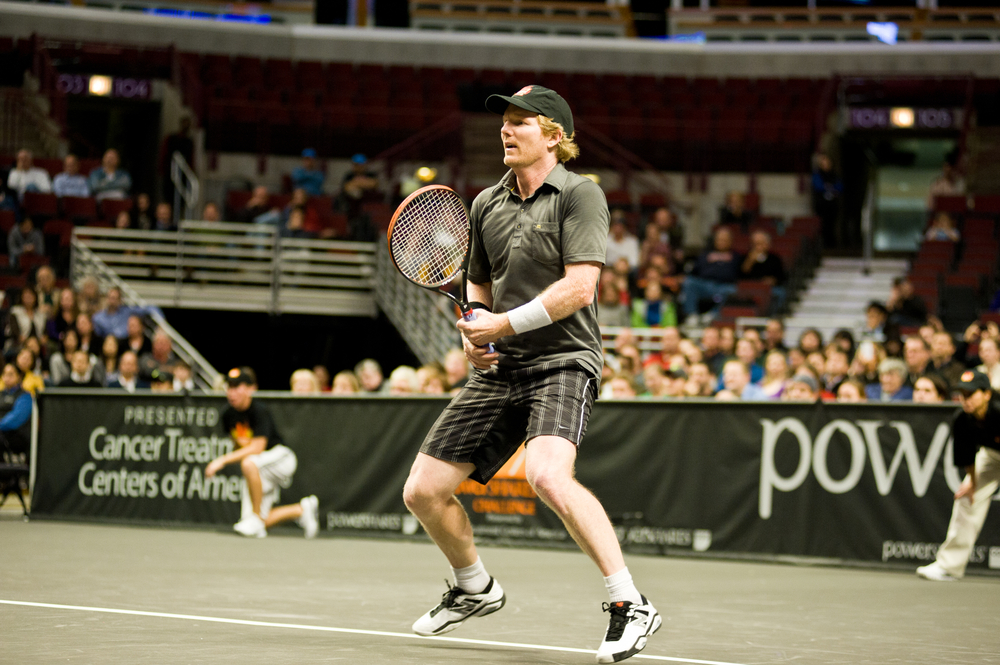
Courier’s powerful baseline game saw him dominate the early 1990s. He became world No. 1 in 1992 and sustained high-level play for over a year at the top.
12. Jannik Sinner – 60 Weeks, 1 Year-End No. 1
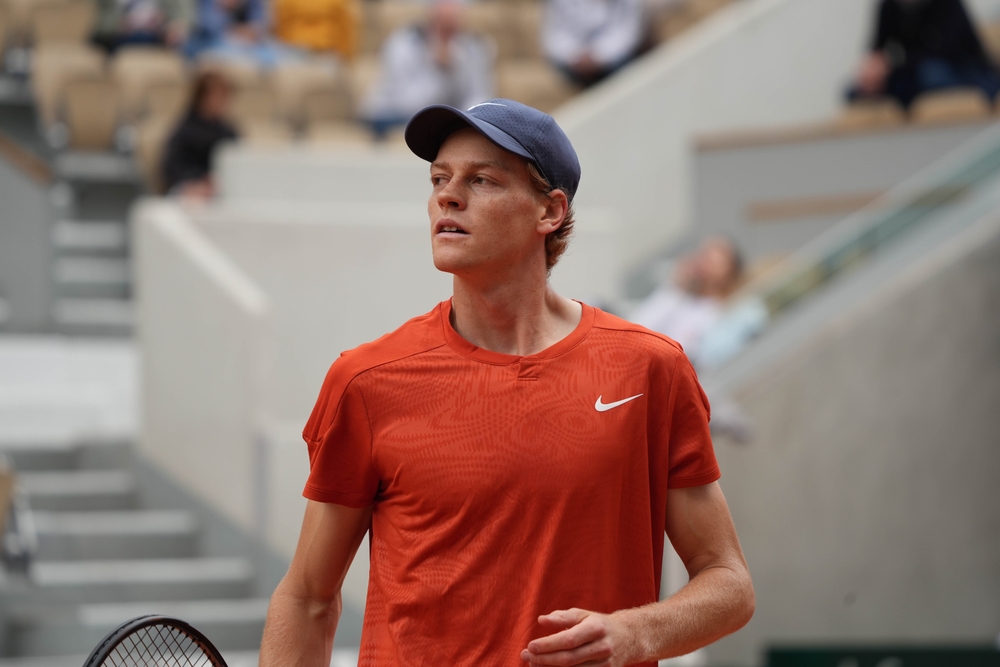
Sinner’s rapid rise culminated in a stint at No. 1 in 2025. A model of discipline and court intelligence, he represents the next generation of elite champions.
11. Stefan Edberg – 72 Weeks, 2 Year-End No. 1s
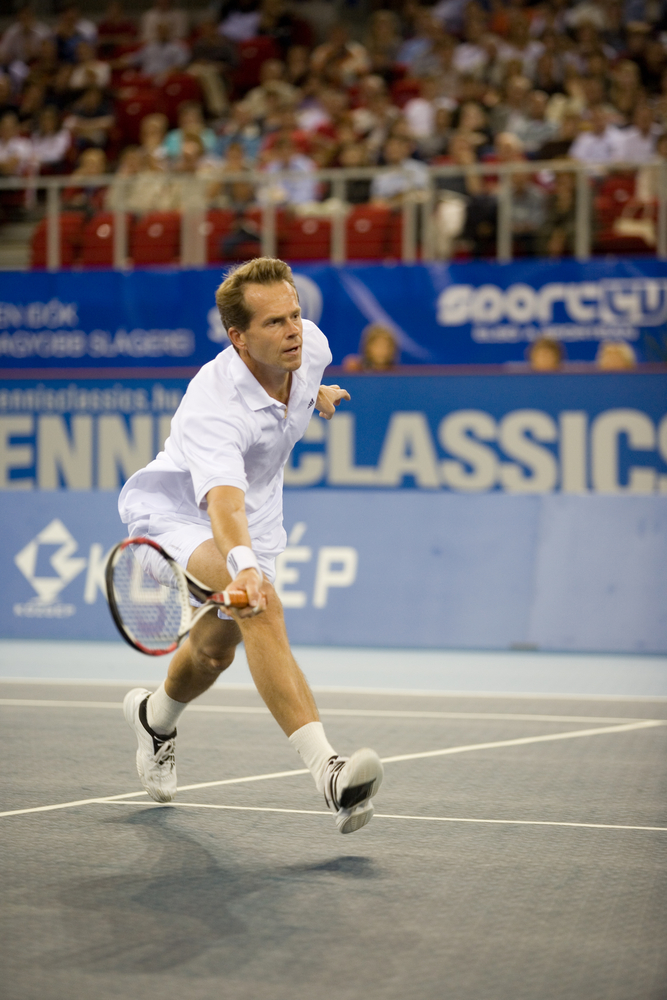
Edberg’s elegant serve-and-volley style carried him to the summit in the early 1990s. He held No. 1 for over a year and twice ended the season as the top-ranked player.
Read also: Ranking the 10 Strongest WWE Wrestlers of All Time
10. Lleyton Hewitt – 80 Weeks, 2 Year-End No. 1s
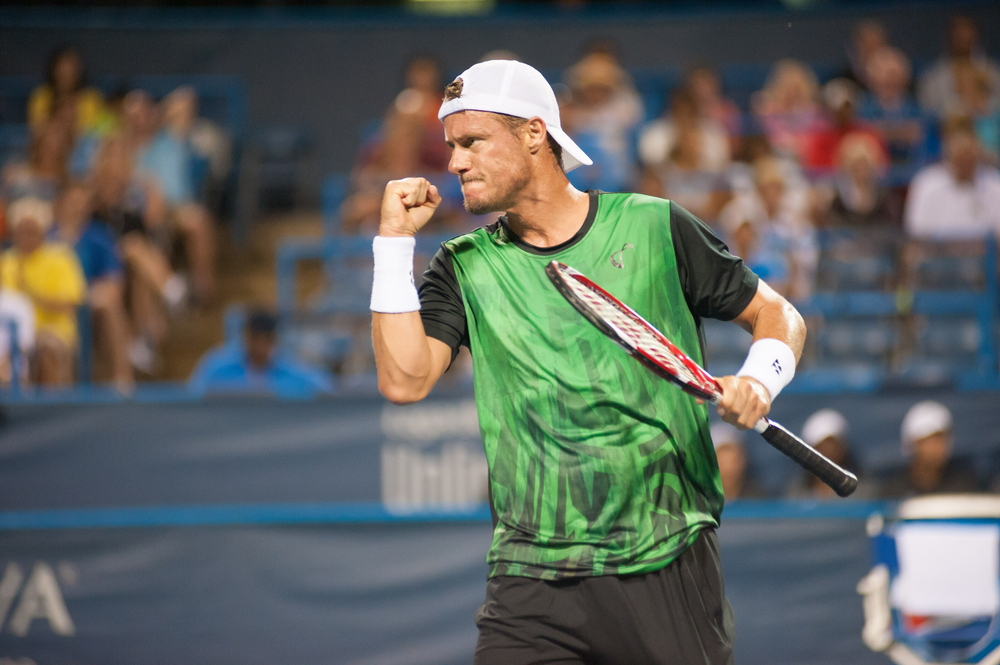
Hewitt became the youngest ever year-end No. 1 in 2001 and repeated the feat in 2002. His grit, speed, and mental toughness kept him on top for 80 weeks.
9. Andre Agassi – 101 Weeks, 1 Year-End No. 1
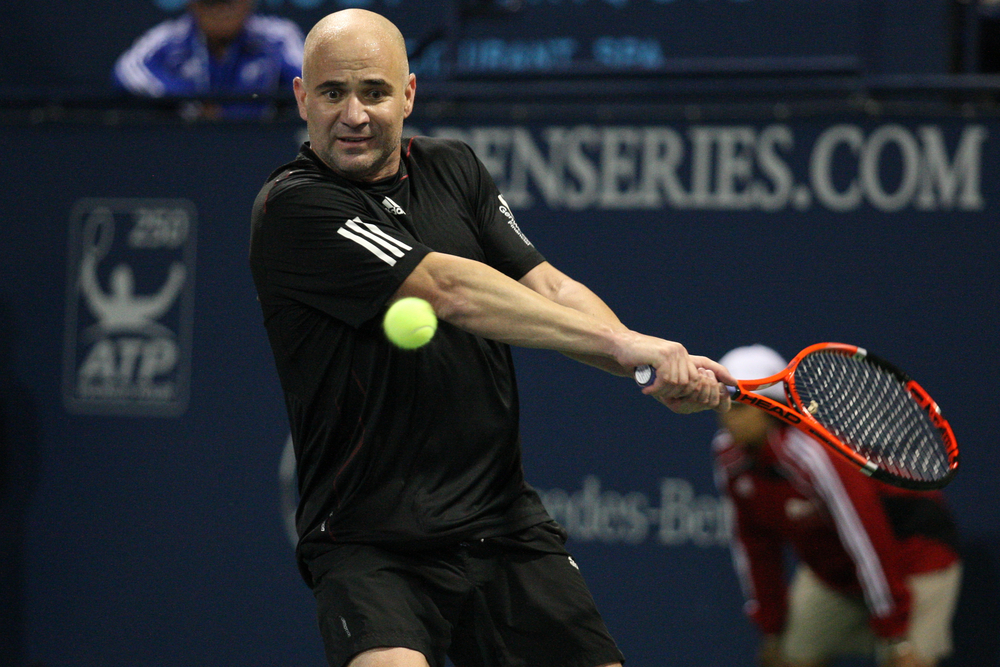
Agassi’s longevity and flair made him a fan favorite. He hit No. 1 in three different decades, showcasing remarkable adaptability.
8. Bjorn Borg – 109 Weeks, 2 Year-End No. 1s
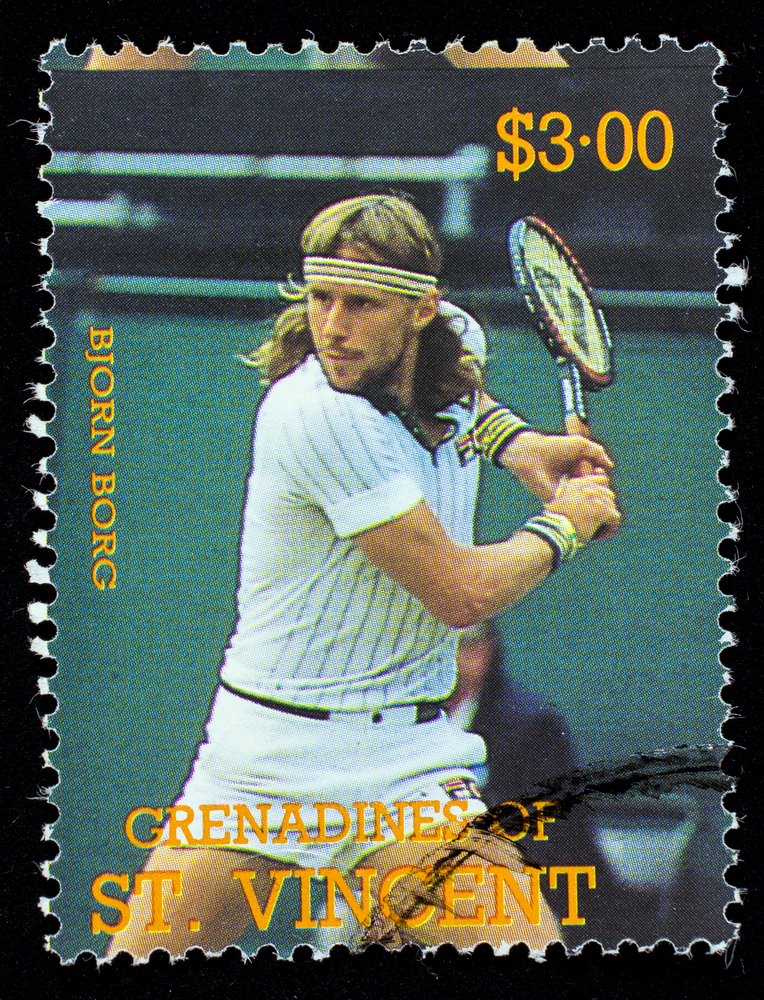
Borg was a dominant force in the late '70s, combining ice-cold demeanor with fiery talent. His 109 weeks at No. 1 came before the age of prolonged rankings reigns.
7. John McEnroe – 170 Weeks, 4 Year-End No. 1s
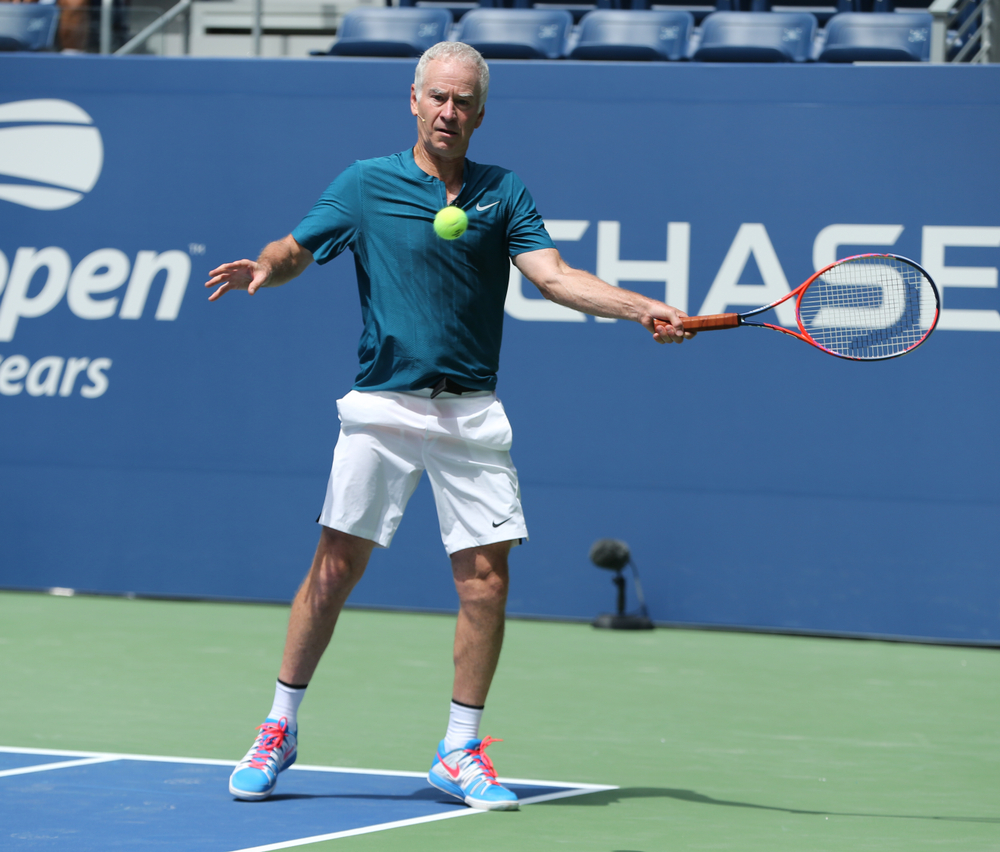
McEnroe’s artistry and intensity made him a standout in the early 1980s. He finished four years as the top player, showcasing his all-around excellence.
Read also: 15 Football Legends Who Never Won the Ballon d'Or - Ranked
6. Rafael Nadal – 209 Weeks, 5 Year-End No. 1s
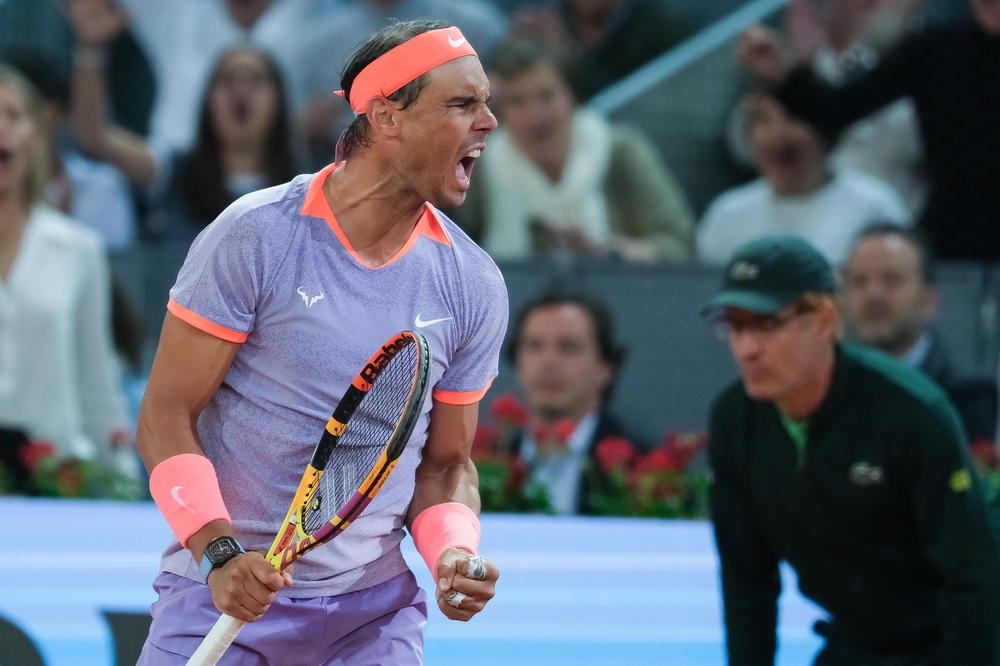
Nadal’s physicality and fighting spirit earned him over 200 weeks at No. 1. Five year-end No. 1 finishes show just how consistent he remained, even amid injuries.
5. Jimmy Connors – 268 Weeks, 5 Year-End No. 1s
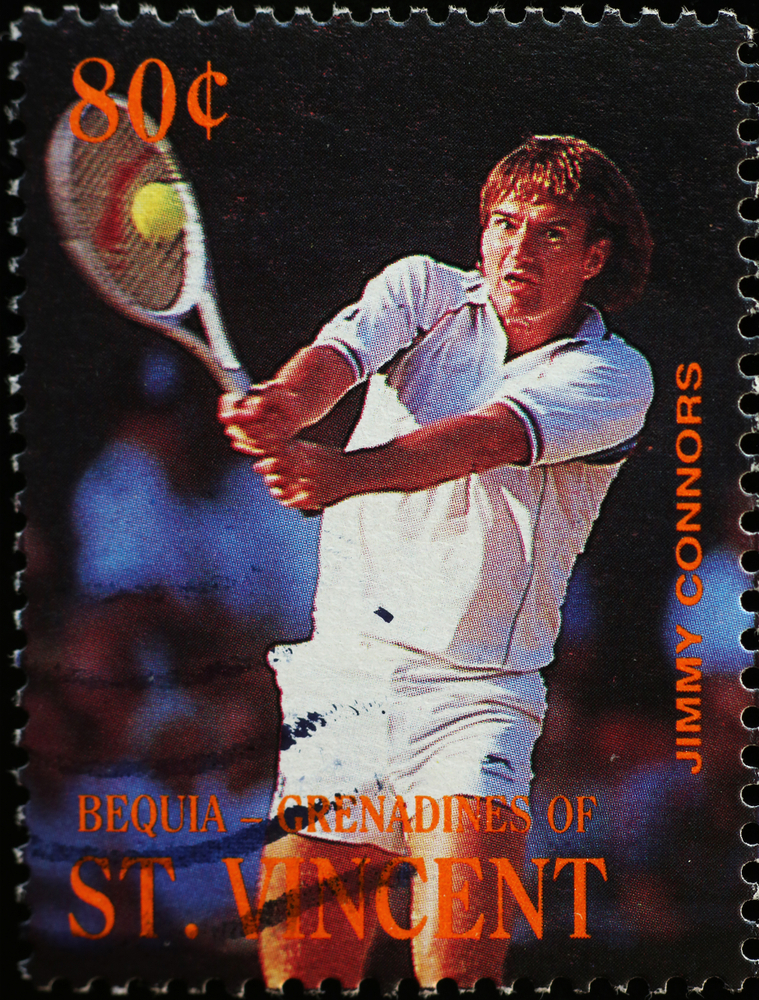
Connors ruled the mid-70s with unmatched intensity and tenacity. His 268 weeks at the top include an astonishing 160-week consecutive stretch.
4. Ivan Lendl – 270 Weeks, 4 Year-End No. 1s
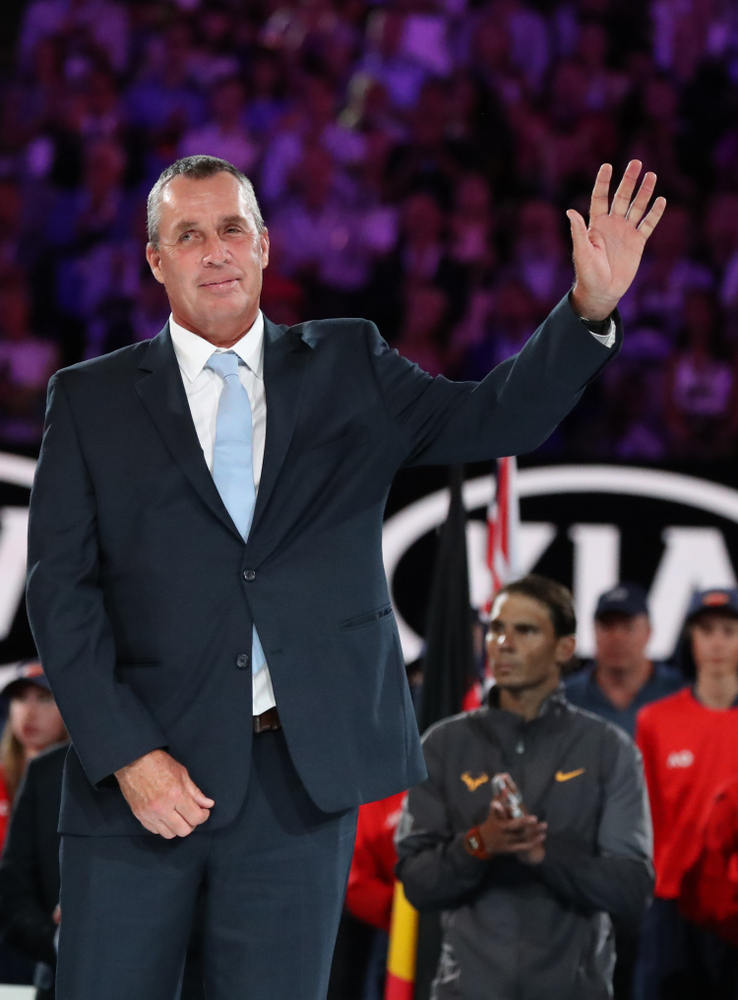
Lendl brought professionalism and relentless preparation to new heights. He was a fixture at the top during the 1980s and played a major role in modernizing the sport.
3. Pete Sampras – 286 Weeks, 6 Year-End No. 1s
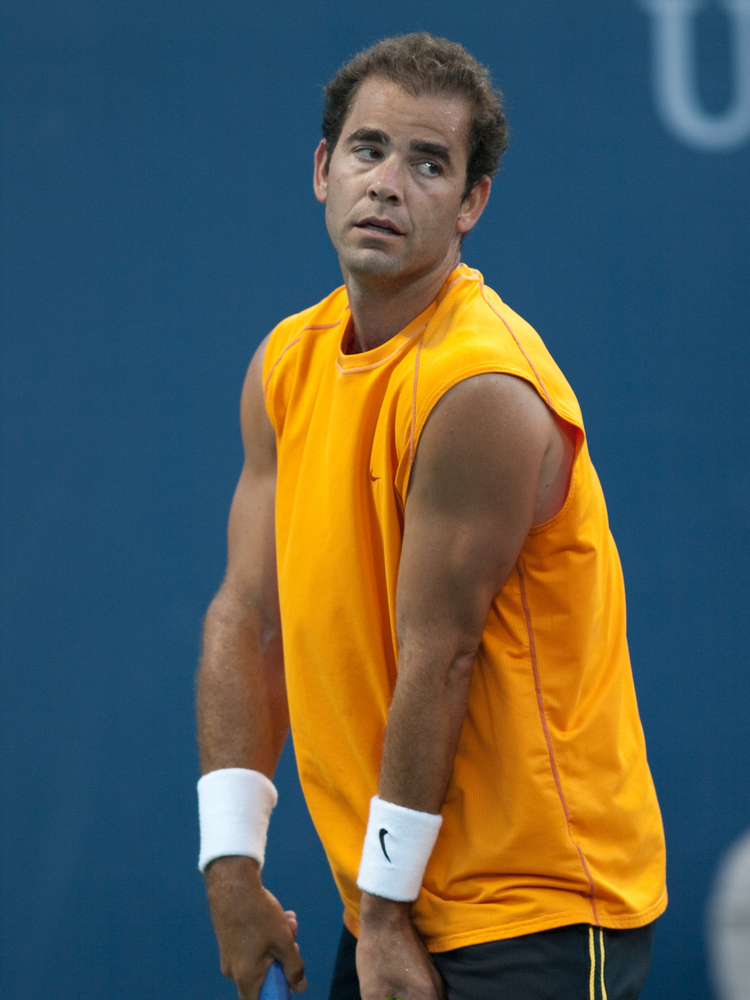
Sampras dominated the '90s with a powerful serve and unmatched calm under pressure. He finished six straight years as No. 1, a record until Djokovic surpassed it.
2. Roger Federer – 310 Weeks, 5 Year-End No. 1s
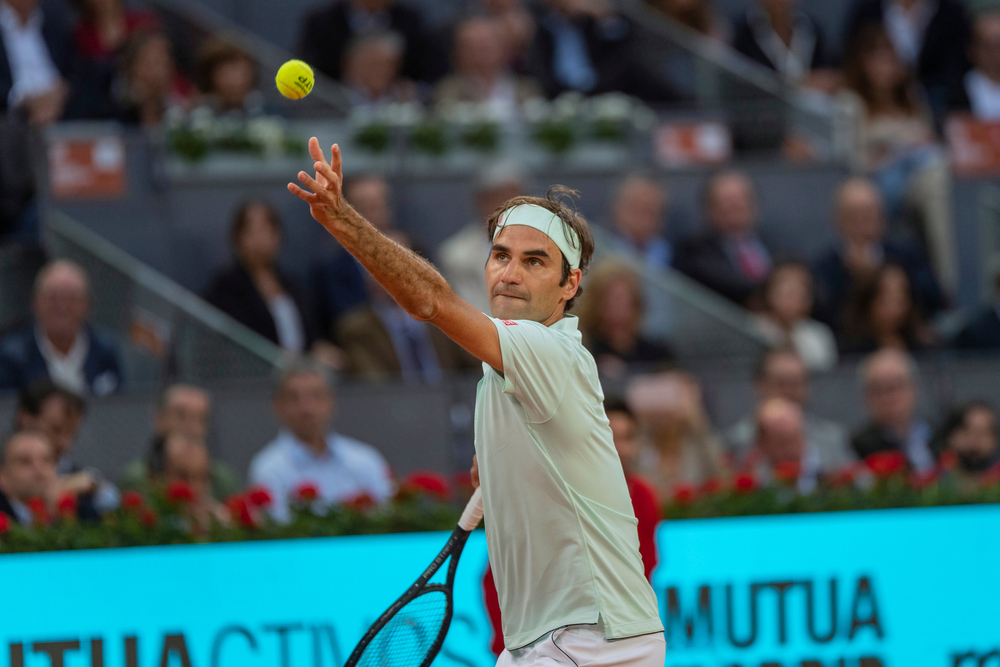
Federer’s 310 total weeks at No. 1 once stood as the all-time record. His grace, dominance, and sustained brilliance defined an entire generation of tennis.
1. Novak Djokovic – 428 Weeks, 8 Year-End No. 1s
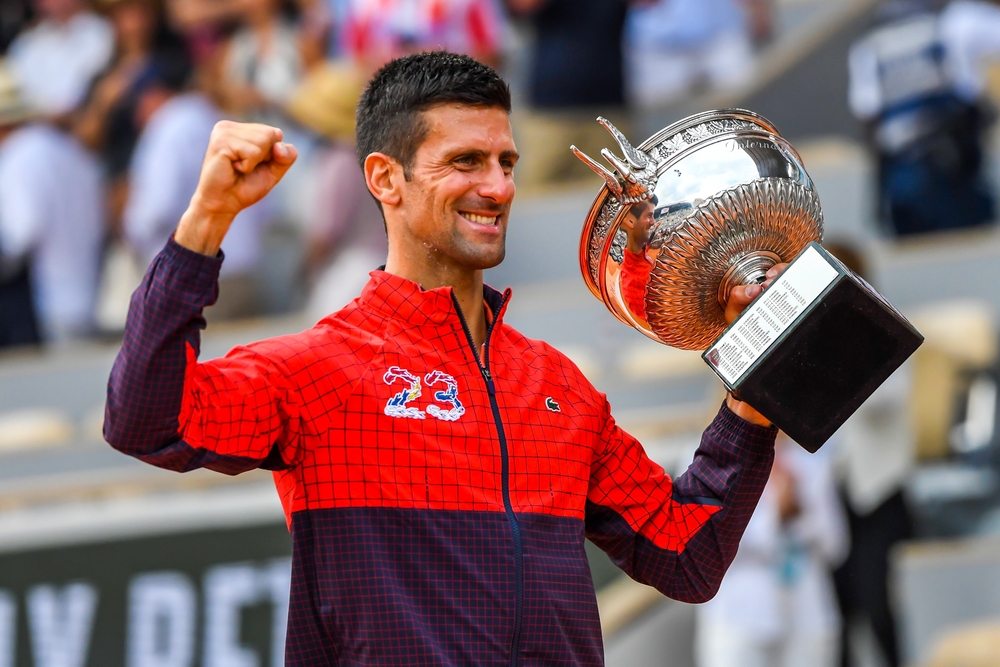
Djokovic stands alone at the top with 428 weeks and eight year-end No. 1 finishes. His unmatched consistency, adaptability, and will to win have etched his name in tennis history as the most enduring world No. 1 ever.

